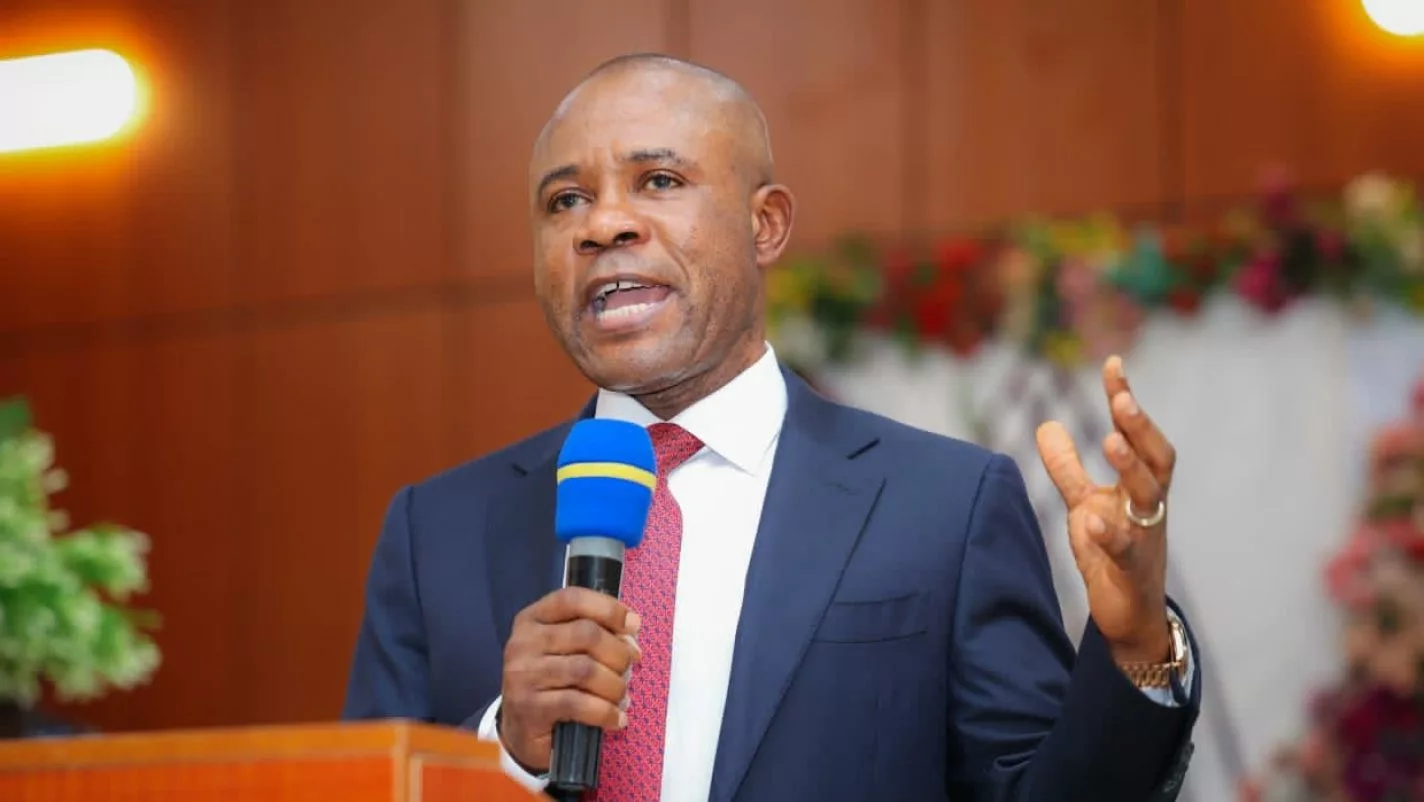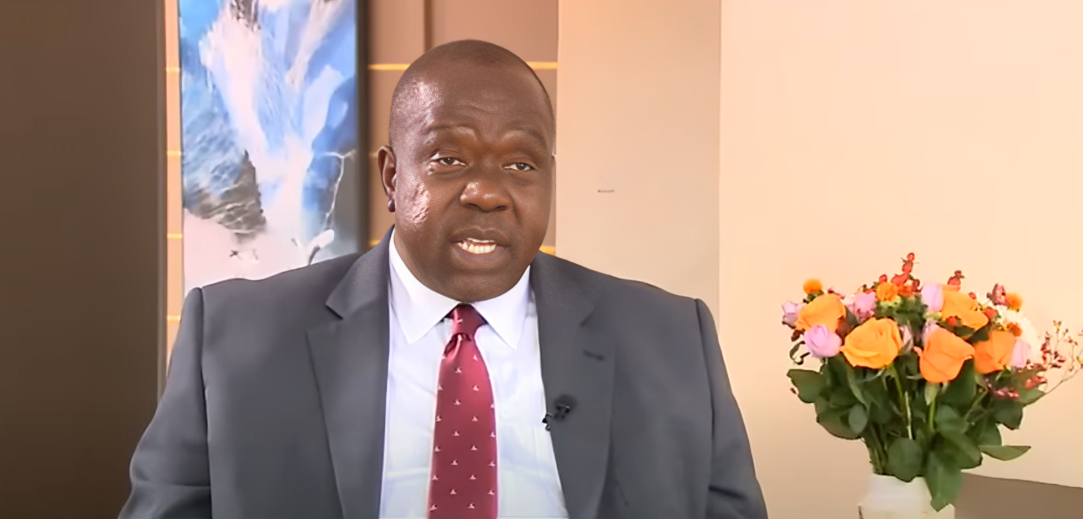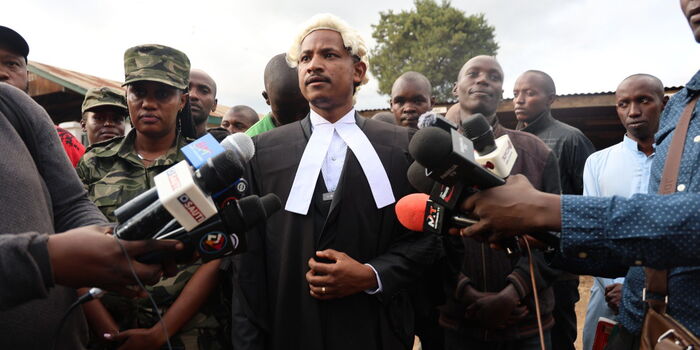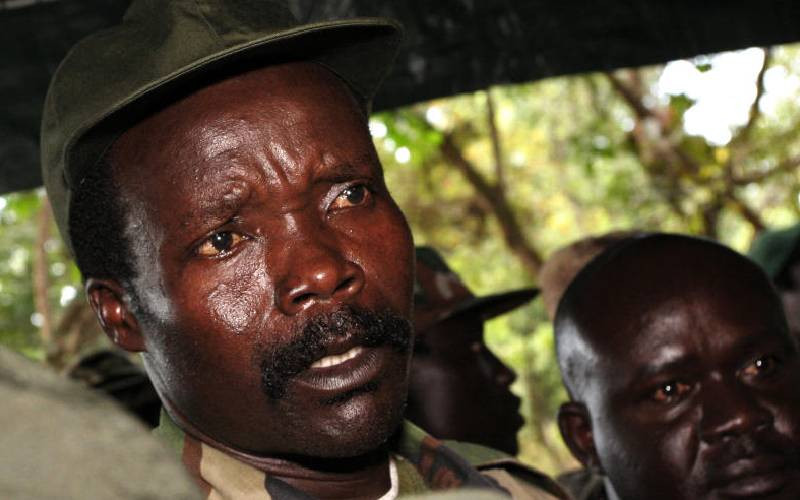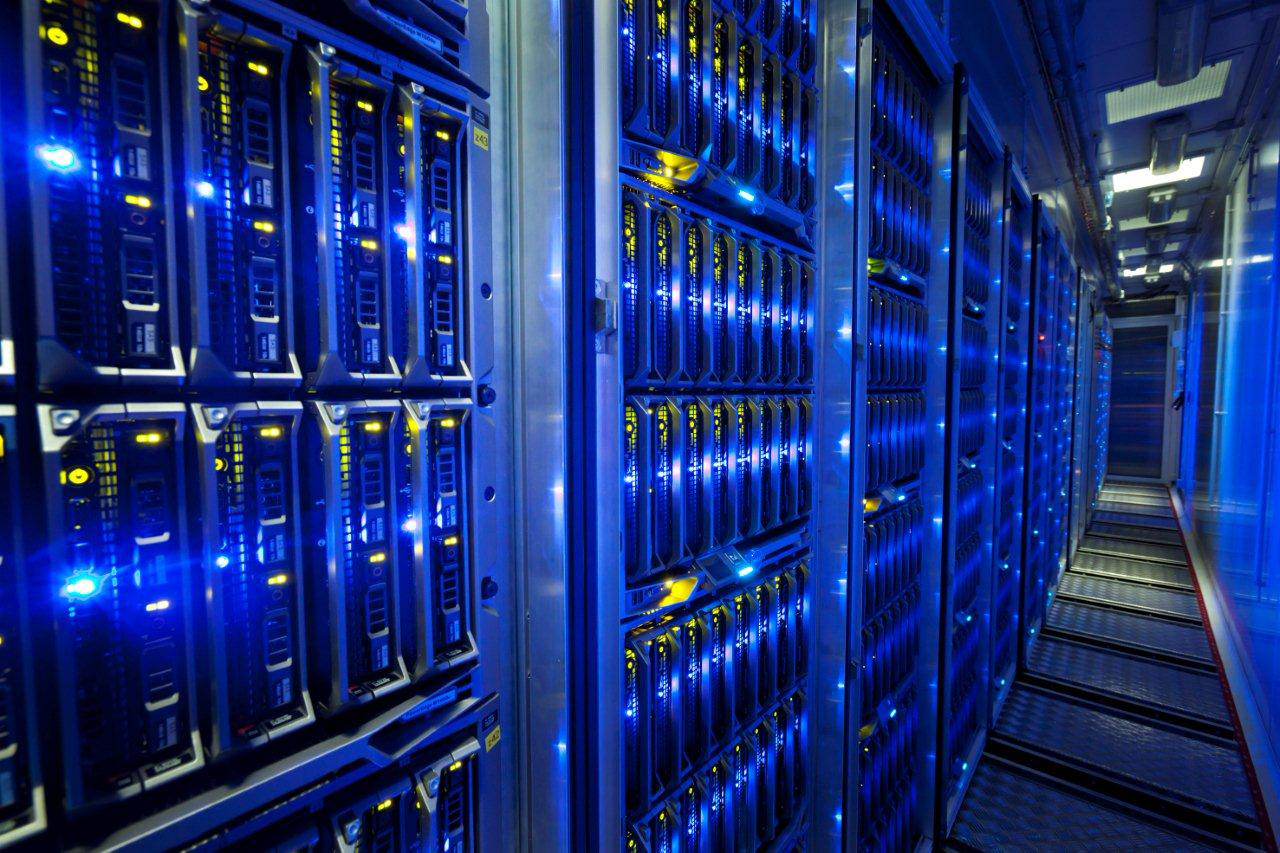Tonye Irims, the founder who said no to $1.5M and still built one of Africa's fastest-growing companies
In Africa, over 640 million people, about 40% of the sub-Saharan population, still live without reliable electricity. The continent continues to have energy problems, despite its abundant sunlight.
When Tonye Irims launched his solar company WiSolar in South Africa, the country was facing serious energy challenges. There were blackouts almost everywhere and every time, electricity costs were rising and residents couldn’t rely on the grid.
The country had also just started experimenting with and deploying renewable energy sources, as it was still heavily relying on coal. Irims said he recongized a gap and thought of filling it, and that led to WiSolar.
WiSolar is a digital solar company where solar energy is treated as a service rather than a product. Operating in South Africa and Nigeria, the company allows users to pay for solar power as they use it.
Using a model called a power purchase agreement (PPA), WiSolar installs and looks after the solar system in a customer’s home. The customer will then, through the app, buy power per kilowatt-hour as people do when topping up mobile airtime, Business Insider Africa reported.
“This way, people can get solar power without paying anything upfront,” Irims told the outlet. Through the mobile app, users can easily manage their energy consumption and monitor the performance of their solar systems.
As time went on, people living in South Africa, especially those in underserved communities, came to appreciate how simple the model is. But the first months and years came with challenges.
“We had a hard time convincing people to believe in us,” Irims said. “We were struggling to get stakeholder buy-in, educating customers on how solar electricity works, operating with almost zero capital to execute.”
He even attempted to sell the business and the first outlet because no one thought it was “worth anything then.”
Then, in 2018, he received a small seed fund of about $4,000, changing the face of his operations at the company. He traveled to Shenzhen, China, thanks to the money he received, and while there, he was able to better understand solar tech and build supplier relationships.
In 2023, Irims’ company received a very big offer — a $1.5 million loan from South Africa’s Industrial Development Corporation (IDC). Surprisingly, Irims declined the offer, explaining that it did not align with the company’s values. He also believed that the conditions were too restrictive.
Business Insider Africa writes that the IDC’s loan offer, made under its energy resilience scheme, “came with a terminal drawdown date of March 31, 2025, and a ten-year repayment term. It required monthly capital repayments starting from the drawdown date, alongside excessive disclosure requirements and offered little in terms of value-added support.”
Many founders in the energy sector would have quickly embraced the offer considering how difficult it is for them to raise funding as compared with founders in the fintech space. Even though funding is still one of WiSolar’s major challenges, Irims believes that it’s not all about the money, as right investors come with more than that — they come with vision, access and trust, he said.
“If you’re an investor who just has megalithic views. If you’re just in it to make a quick buck, not looking at the long-term vision of the company, that is a red flag for me. You need to have a long-term view, play the long game, and look at the social impacts as well, like how many jobs it’s going to create, how it’s going to impact the environment,” he said.
“They wanted too much. Our IP is very sacrosanct to us. Commercials are fine, but certain IPs we cannot disclose. If you start pressing for that IP information or turn us into an educational class, it becomes a bit of a turnoff. That’s not the kind of investor we want.”
“Finding partners who get your mission, who are aligned with your values and can open doors to markets, that’s tough. A lot of funds don’t even have the mandate for what we do.”
Despite turning down that big offer, WiSolar has gone on to succeed. Operating in two of Africa’s biggest energy markets — South Africa and Nigeria — the solar company continues to expand with B2B and residential offerings.
It secured $9 million in revolving credit from Chinese institutions in 2024 to support its Climate Zero Initiative and deploy solar energy across 10 Nigerian states, Business Insider Africa said.
It added that the company was also ranked as one of Africa’s fastest-growing companies for two consecutive years by the Financial Times and Statista, which tracked compound annual growth from 2020 to 2023.
Before launching WiSolar in 2016, Irims started WiMobile in 2006 and FriendsChip, a social payments platform in 2011. The two startups failed, but that didn’t stop him. He has this advice for entrepreneurs who are considering throwing in the towel.
“It takes a heart of steel” he said. “You’ll face doubts, rejections, and naysayers, and well-meaning supporters too. You have to know the difference.”
Irims studied marketing at the University of Port Harcourt, Clean Power from the Imperial College London, and New Models of Business in Society from University of Virginia Darden School of Business.
